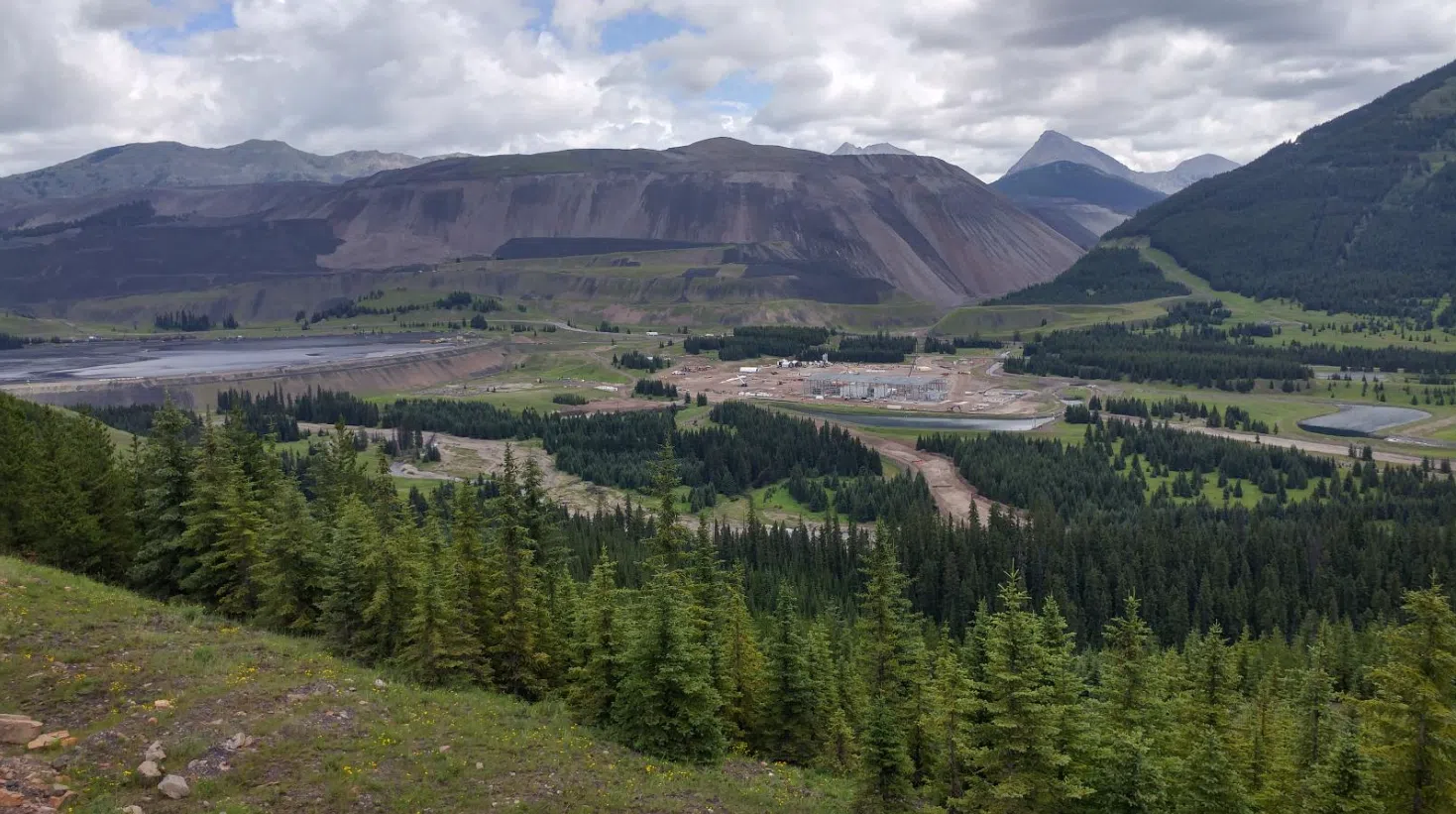As drought conditions continue across British Columbia, two organizations are highlighting ongoing water concerns in the Elk Valley, where much of southeastern B.C. remains at Levels 3 to 5 on the provincial drought scale.
While recent rainfall has allegedly eased conditions, Living Lakes Canada and the Elk River Monitoring Collaborative warn that long-term water availability remains a concern, urging greater local governance.
“Many of our small and rural communities are already experiencing how water shortages impact everything from drinking water to wildfire suppression,” said Kat Hartwig, executive director of Living Lakes Canada and chair of the Elk River Monitoring Collaborative.
In June, the Elk River Monitoring Collaborative hosted a regional symposium called Without Water in Grasmere, B.C., bringing together more than 100 participants to discuss watershed security in the Elk Valley.
Representatives attended from Yaq̓it ʔa·knuqⱡi ’it, ʔaq̓am, Akisq’nuk, Piikani and Shuswap Band; various B.C. government ministries; the City of Fernie; the districts of Sparwood and Elkford; as well as organizations including Elk River Alliance, Living Lakes Canada, Wildsight, and the University of Lethbridge.
Private sector and research groups also took part.
A summary report, What We Heard, outlined discussions from the event, including calls for greater collaboration between communities and governments, improved transparency around water data, and more integration of Indigenous knowledge into watershed planning.
Some participants also raised interest in governance tools such as “rights of nature” or legal personhood for water bodies.
“There is enough water, until there isn’t,” Hartwig stressed.
“We need transparent data and watershed planning, and committed and empowered local leadership to manage water quantity.”
They say the report’s findings align with ongoing discussions across the province about water management and investment.
B.C.’s Watershed Security Fund currently provides $3 to $5 million annually to support local and ecosystem-based water initiatives.
Hartwig said further support and modernization of water systems could help improve decision-making at the local level.
“Modernizing BC’s Water Licensing system could be a mechanism to help support local water
governance and decision-making. In turn, this would benefit local economies and ecosystem services, for our collective well-being,” concluded Hartwig.
The What We Heard report is available at elkrivercollaborative.ca.









Comments